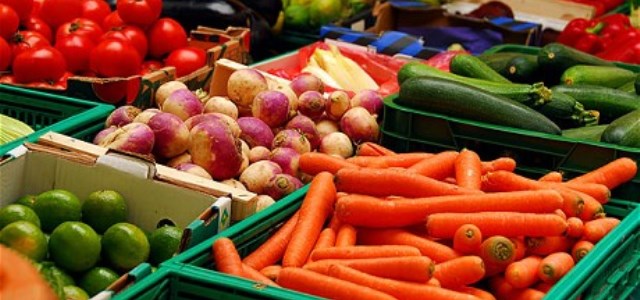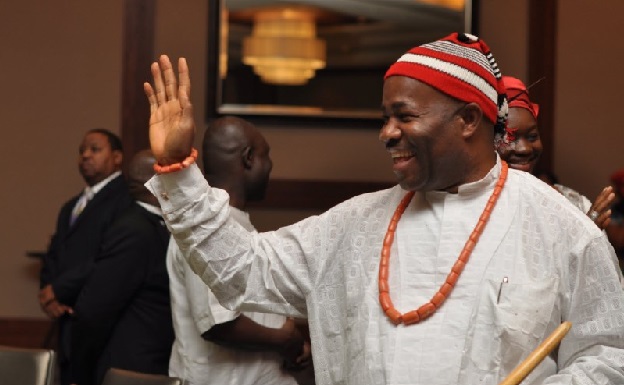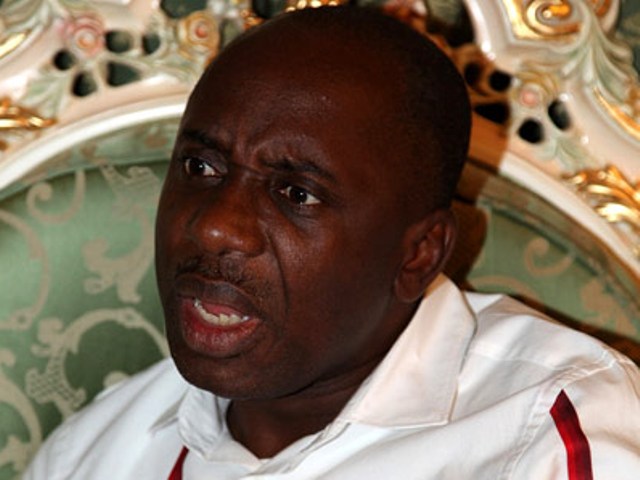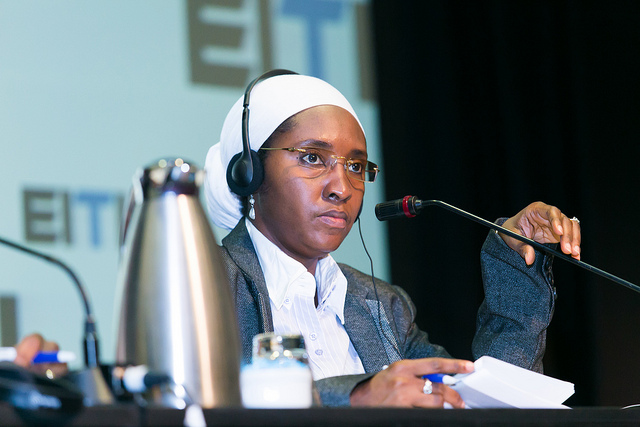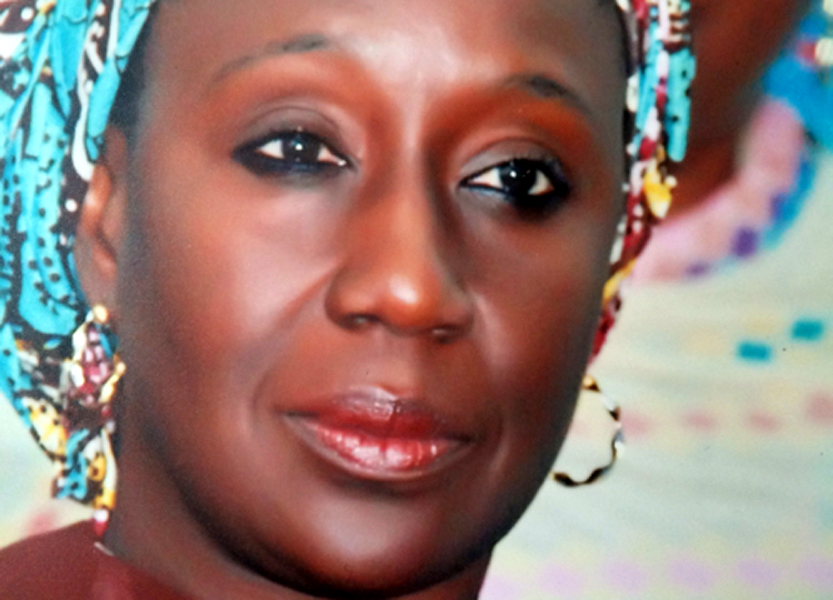The Consumer Price Index (CPI), which measures inflation in Nigeria, hit a 10-month high in September, at 9.4 percent, the National Bureau of Statistics (NBS) has confirmed.
In its September 2015 report, which was released on Wednesday, the Bureau confirmed that inflation last reduced 10 months ago, when it fell from 8.06 percent in October to 7.93 in November 2014.
Though hitting such a record high in 2015, the consumer inflation only rose marginally to 9.4 percent year-on-year in September from 9.3 percent in August 2015.
The NBS attributed the marginal increase to Muslim holidays, higher food prices among others.
Advertisement
“While the Muslim holidays period may have contributed to higher food prices, the food sub-index as a whole recorded a marginal increase by 10.2 per cent (year-on-year) in September from 10.1 per cent in August,” NBS said in its report.
“Prices rose in major categories such as bread and cereals, meats, fish, oils and fats groups.
“The fruits, vegetables and potatoes, yams and other tubers groups have, however, held constant or grown at a slower pace for three consecutive months, ultimately weighing on the index.”
Advertisement
The index defies expert predictions that farm harvest in September would lower food prices and drive down inflation.
“The advances recorded by the ‘all items less farm produce’ or core sub-index increased at a marginally slower pace in September relative to August, the core sub-index increased by 8.9% in September (year-on-year) from 9.0% in August.
“The Core sub-index was weighted upon by slower increases in multiple groups and or divisions in particular; garment, fuels and lubricants for personal transport equipment, Hotel Accommodation services, and other services in the communication and miscellaneous goods and services divisions.
The nation’s inflation rate as at this September 2014 was 8.32 percent, representing a 1.07 percent rise in the space of 12 months, reinforcing the CBN’s stance that the Nigerian economy may plunge into recession by 2016 if proactive measures are not taken.
Advertisement

